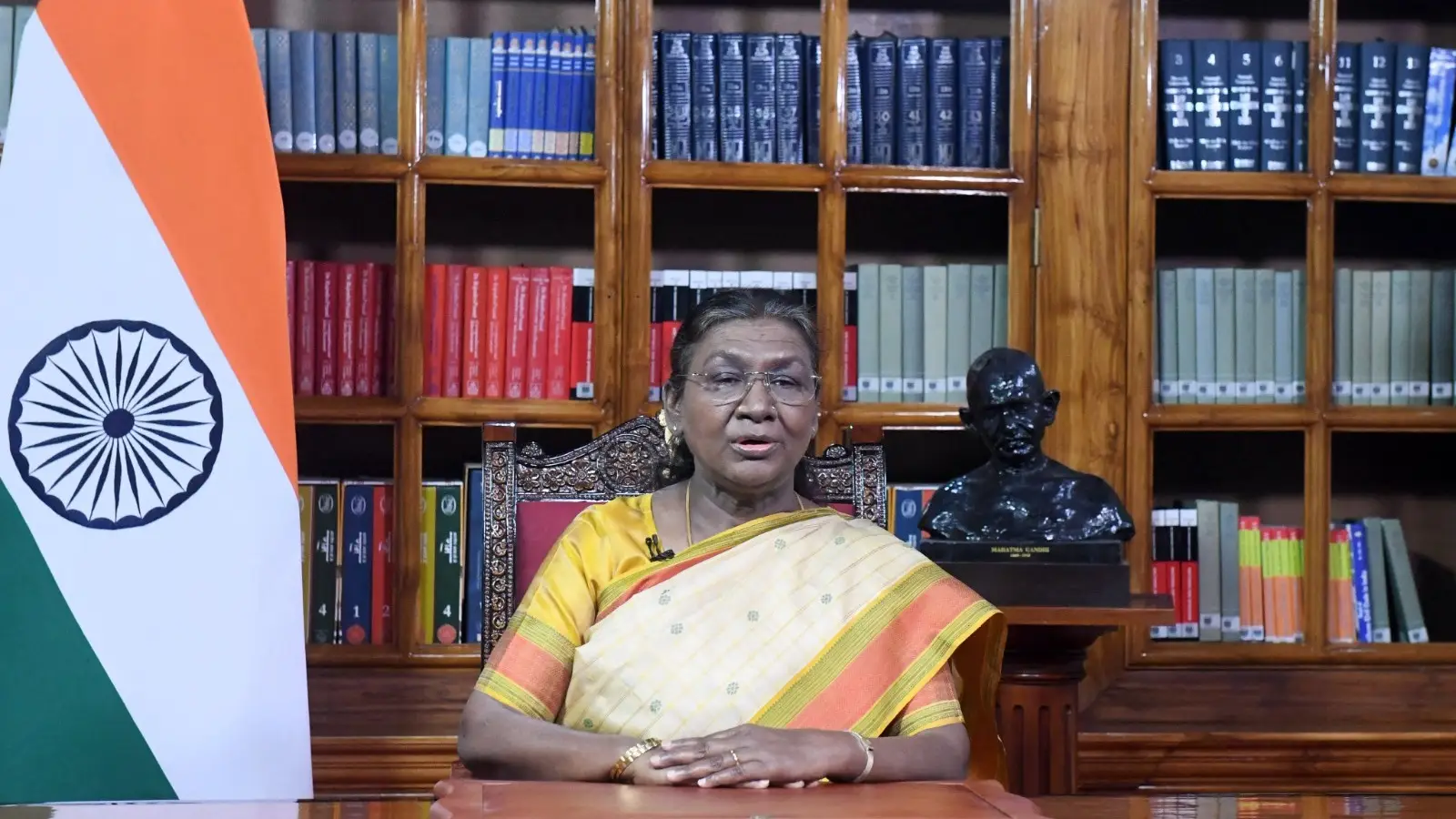Copyright deccanchronicle

As a woman, it often feels like the system is working against you, and more often than not, it is. For such case scenarios, the government has numerous laws in place that can help women navigate the world just a little easier. Here's a list of 13 legal rights that every Indian woman should be aware of:1. Equal InheritanceAccording to the Hindu Succession Act, the daughters of a family have the same right as sons to inherit ancestral property. When the law was first enacted in 1956, it granted full property ownership to women. However, women could not be coparceners, seek partition of a dwelling house, or claim inheritance of agricultural land.In 2005, the act was amended to dispel these gender-discriminatory provisions and grant women equal rights over family property. Women deserve just as much financial security as men, if not more.2. Adoption for Unmarried WomenWho said that you can't be a mother without marriage? As long as a woman is in good health (both physically and mentally) and financially stable, she can adopt a child of any gender and experience motherhood regardless of her marital status, according to the Juvenile Justice Act, 2015.Every woman has the freedom to become a mother without being a wife.3. Maternity BenefitsWomen working across various industries, including offices, factories, shops, etc., are entitled to 26 weeks of paid maternity leave through the Maternity Benefit Act, which can be availed of up to 8 weeks before the delivery. The original act from 1961 only granted 12 weeks of paid leave, which could be availed 6 weeks before delivery. However, the 2017 amendment increased the leave duration, along with adding other clauses.It gives mothers ample time to recover from childbirth and pregnancy, and spend time with their baby, without having to worry about financial support or job security. 4. AbortionWhile women can embrace motherhood, they also have the right to reject it. With the Medical Termination of Pregnancy Act, 1971, women can get an abortion before finishing 20 weeks of pregnancy under the following circumstances:For married women - In case of failure of the contraceptive device. No further explanation needed.For unmarried women - In case the continuation of the pregnancy would risk the woman's life, jeopardise her physical or mental health, or there is a significant chance the child will suffer from physical or mental abnormalities. However, the doctor must concede that continuing the pregnancy would lead to such health complications.In case of pregnancy caused by rape, the law presumes that continuing the pregnancy would adversely affect the woman's mental health.5. Register an FIR at any stationEven when a crime happens outside the jurisdiction of a police station, the authorities must file an FIR under Section 173 of the BNSS, which is called a "Zero FIR". The report is then transferred to the police station of the concerned jurisdiction for further investigation.This prevents unnecessary delays in the legal process. No officer can turn away a woman who wishes to file a complaint.6. Free Services for Pregnant WomenThe 2011 Janani Shishu Suraksha Karyakram, or Mother and Child Protection Programme, provides several free services to pregnant women at public health institutions. From deliveries, medications, transport, diagnostics, blood transfusions, and even healthcare for sick newborns and infants under 12 months of age, the programme covers it all.The initiative has decreased neonatal deaths to an extent, but hasn't reached many beneficiaries due to a lack of awareness.7. Sexual HarassmentOftentimes, sexual harassment can be hard to define. But Section 75 of the BNS considers the following activities as sexual harassment:a) Unwelcome physical contact and sexual advances/gesturesb) Demanding sexual favoursc) Showing pornography non-consensually d) Sexually coloured remarks (even so-called "jokes")Additionally, the Sexual Harassment of Women at Workplace (Prevention, Prohibition and Redressal) Act, the POSH Act, protects women from sexual harassment that occurs specifically at the workplace. Apart from the activities listed above, the POSH Act includes the following:a) Promise of special treatment in exchange for sexual favours, e.g., a promotion, salary increment, etc.b) In response to denying sexual demands: 1) Threat of harmful treatment at work, e.g., rejecting a promotion, threatening to terminate her contract, etc. 2) Creating a hostile work environment 3) Insulting or humiliating her out of spiteAll women, from employees to consultants and even interns, are safeguarded under this act. The harasser may be any male from the workplace. 8. StalkingUnder Section 78 of the BNS, it is a crime for a man to do the following after a woman has expressed clear disinterest in contact:a) follow a womanb) repeatedly contact or attempt to contact herc) monitor her electronic communications, e.g. Internet use, email, messages, etc.Engaging in any of the activities...



